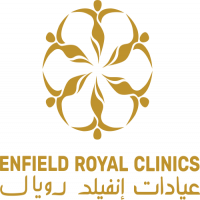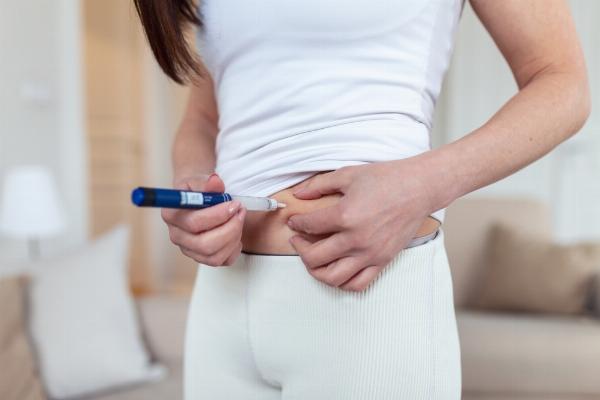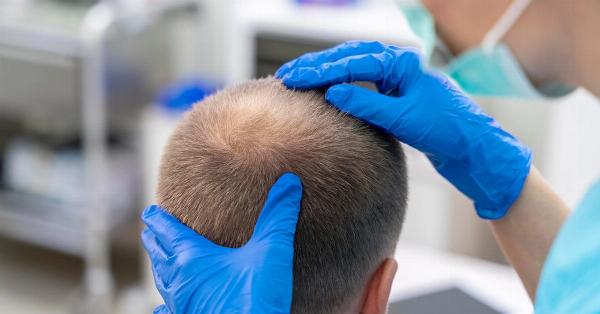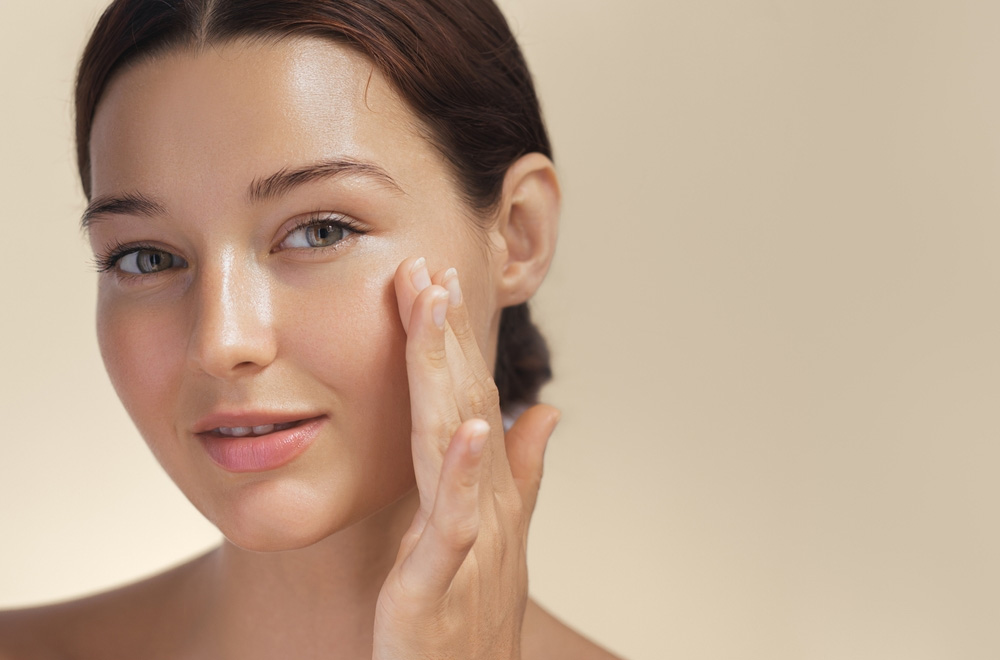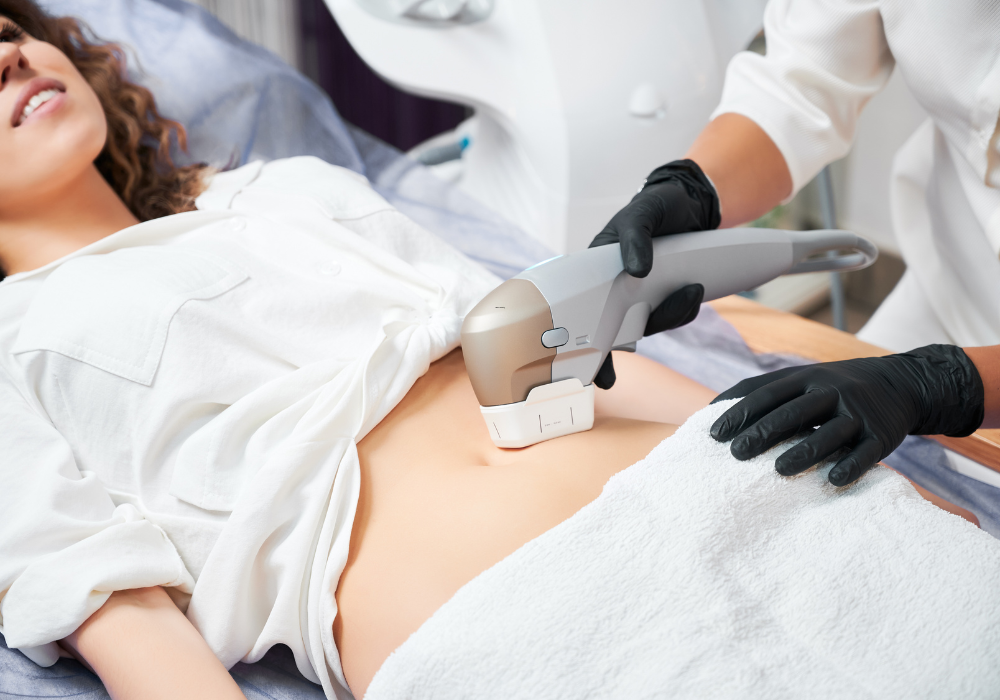What Are the Best Acne Treatments for Long-Lasting Results?
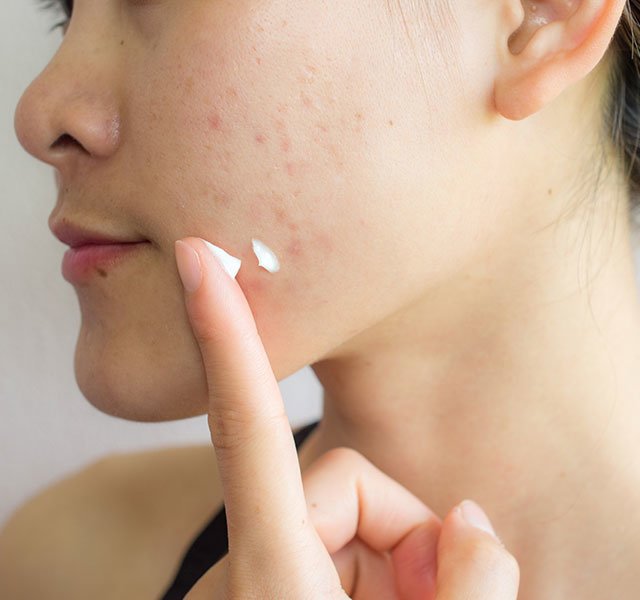
Acne is one of the most common skin conditions, affecting people of all ages. Whether you're dealing with occasional breakouts or persistent acne, the search for long-lasting solutions can feel overwhelming. Fortunately, with the right acne treatments, you can achieve clear skin and maintain your results for the long term. In this article, we'll explore the best Acne Treatment Dubai, covering everything from topical solutions to advanced therapies. You'll also learn how to care for your skin post-treatment to ensure lasting results.
Understanding Acne: Why Does It Happen?
Before diving into treatments, it's important to understand what causes acne. Acne occurs when hair follicles become clogged with oil, dead skin cells, and bacteria. This can result in whiteheads, blackheads, pimples, or cystic acne. Factors like hormones, stress, diet, and genetics can contribute to breakouts, making it crucial to identify the root cause before choosing the right treatment.
Top Acne Treatments for Long-Lasting Results
1. Topical Treatments: The First Line of Defense
Topical treatments are the most common acne solutions. These are applied directly to the skin and can help reduce inflammation, control oil production, and prevent clogged pores. The best topical treatments include:
Benzoyl Peroxide: Known for its antibacterial properties, benzoyl peroxide kills the bacteria responsible for acne and helps unclog pores. It is effective for mild to moderate acne.
Salicylic Acid: A beta-hydroxy acid (BHA), salicylic acid penetrates deep into the pores to exfoliate the skin, reduce oil buildup, and promote cell turnover. It's particularly beneficial for those with oily or acne-prone skin.
Retinoids: Retinoids, such as tretinoin, are derivatives of Vitamin A. They speed up cell turnover, preventing clogged pores and reducing the appearance of scars and dark spots. Retinoids are ideal for both acne treatment and anti-aging.
Sulfur: Sulfur has been used for acne treatment for centuries. It works by drying out excess oil and absorbing impurities, helping to reduce acne flare-ups.
2. Oral Medications: For Persistent Acne
For more severe cases of acne that don't respond to topical treatments, oral medications may be necessary. These treatments work systemically to target the causes of acne from within the body.
Antibiotics: Oral antibiotics, such as tetracycline, doxycycline, or minocycline, can help control acne by reducing bacteria and inflammation. They are typically prescribed for moderate to severe acne.
Hormonal Treatments: For acne related to hormonal imbalances, birth control pills or anti-androgen medications (like spironolactone) can help regulate hormones that contribute to breakouts.
Isotretinoin (Accutane): Reserved for the most severe cases of acne, isotretinoin works by reducing oil production and preventing clogged pores. It's a powerful treatment with long-lasting results, but it comes with potential side effects and requires close monitoring by a healthcare professional.
3. Chemical Peels: Exfoliate and Renew Your Skin
Chemical peels involve applying a chemical solution to the skin to exfoliate the outer layers, removing dead skin cells and unclogging pores. The most common acids used in peels for acne include glycolic acid, salicylic acid, and trichloroacetic acid (TCA). Chemical peels can help reduce Acne Treatment, brighten the skin, and prevent future breakouts.
There are different strengths of peels, and depending on your acne severity, a professional may recommend a deeper peel for more significant results. Regular peels can help maintain clear skin by promoting fresh, healthy skin growth.
4. Laser Therapy: Targeting Acne at the Source
Laser treatments for acne work by targeting the bacteria responsible for acne and reducing oil production in the skin. The most common lasers used for acne treatment include:
Blue Light Therapy: This treatment uses light to kill the bacteria causing acne. It's gentle and non-invasive, making it a great option for mild to moderate acne.
Fractional CO2 Laser: This laser targets deeper layers of the skin to reduce acne scarring and improve overall skin texture. It's particularly effective for post-acne scars and skin rejuvenation.
Pulsed Dye Laser: This laser works to reduce inflammation and redness, making it ideal for those with acne that causes significant irritation.
Laser therapy can provide lasting results with minimal downtime, but multiple sessions are typically required for optimal outcomes.
5. Microneedling: Stimulate Collagen for Acne Scar Treatment
Microneedling involves tiny needles that create controlled micro-injuries to the skin, stimulating the body's natural healing response. This treatment is often used to reduce acne scars and improve skin texture. It helps boost collagen production, which can help heal scars and prevent new breakouts.
Microneedling is most effective when done in a series of treatments. It's an excellent option for those looking for long-term skin improvement, as it not only treats existing acne but also helps prevent future breakouts.
Post-Treatment Care: Ensuring Long-Lasting Results
To maintain the benefits of your acne treatments and ensure long-lasting results, proper post-treatment care is essential. Here are some tips for taking care of your skin after acne treatments:
1. Follow Your Dermatologist's Instructions
After any acne treatment, it's crucial to follow the aftercare instructions provided by your skincare professional. This may include using specific skincare products, avoiding sun exposure, or taking oral medications as prescribed.
2. Moisturize Regularly
Acne treatments, especially those involving retinoids or chemical peels, can cause dryness and irritation. It's essential to keep your skin hydrated with a non-comedogenic moisturizer to prevent further skin issues.
3. Avoid Picking or Popping Pimples
Although it can be tempting, picking or popping acne lesions can lead to scarring and new breakouts. It's best to let the treatment work and avoid touching your face excessively.
4. Wear Sunscreen Daily
Sun exposure can worsen acne and lead to hyperpigmentation or scarring. Use a broad-spectrum sunscreen with an SPF of 30 or higher daily to protect your skin from UV damage and prevent acne scars from darkening.
5. Maintain a Consistent Skincare Routine
To ensure long-lasting results, stick to a consistent skincare routine that includes cleansing, exfoliating, and moisturizing. Incorporating products with acne-fighting ingredients, like salicylic acid or benzoyl peroxide, can help prevent future breakouts.
Conclusion
Achieving clear, healthy skin requires a combination of effective treatments and consistent care. Whether you're using topical solutions, considering oral medications, or opting for advanced therapies like laser treatments or chemical peels, the right acne treatment plan can give you long-lasting results. Remember, the key to success is patience, consistency, and following post-treatment care recommendations. By addressing the underlying causes of acne and committing to a tailored treatment approach, you can enjoy clear skin that lasts.
Note: IndiBlogHub features both user-submitted and editorial content. We do not verify third-party contributions. Read our Disclaimer and Privacy Policyfor details.

